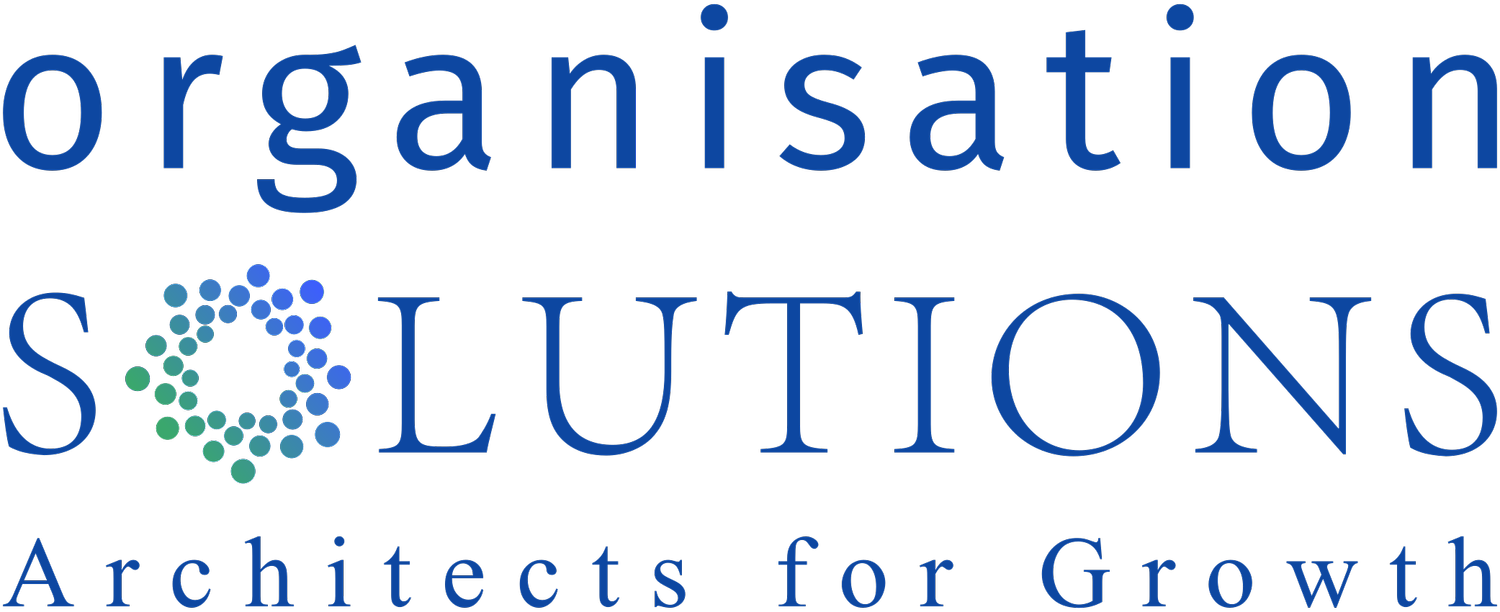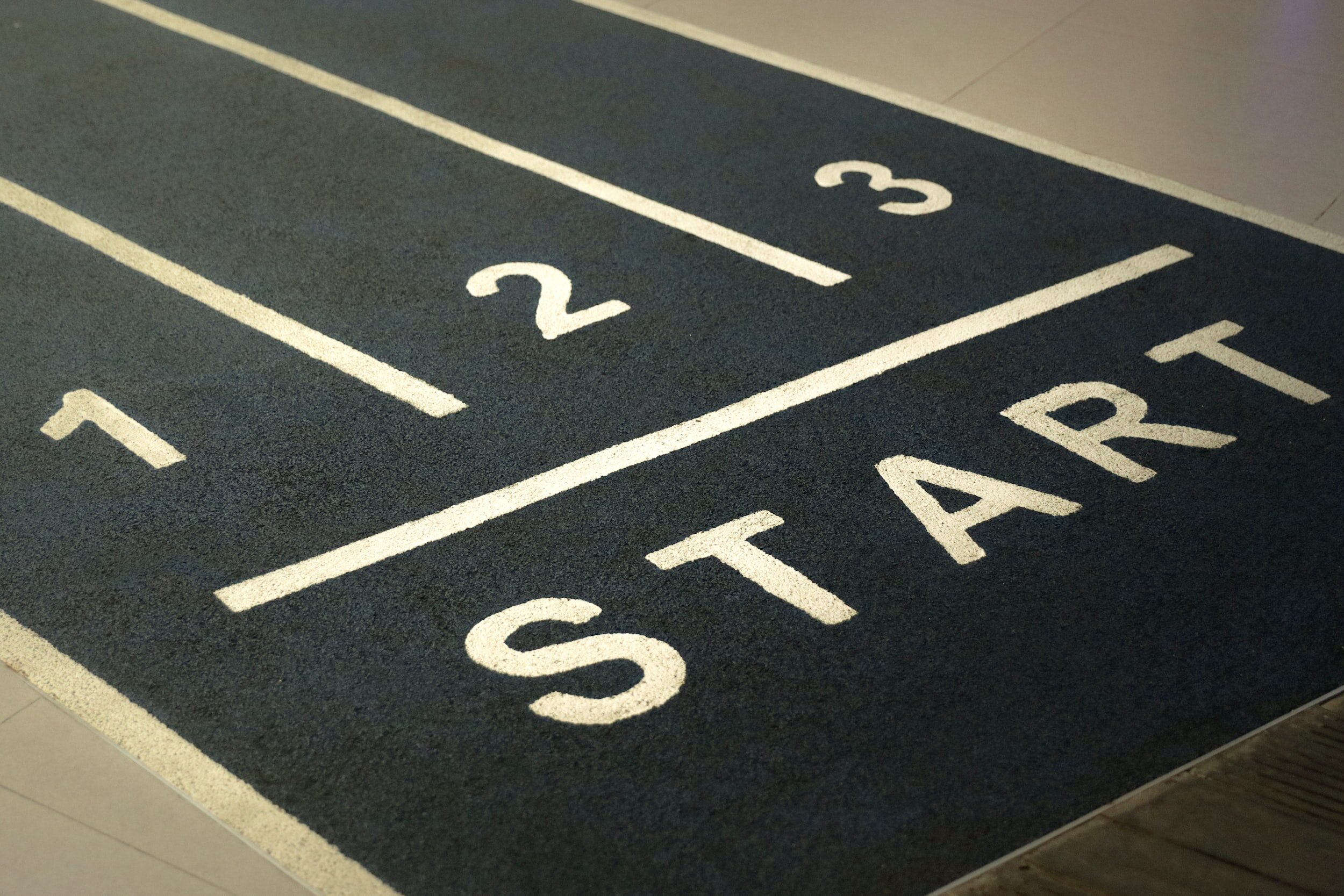Are you ready to go FASTer?
When we ask leaders to describe their most impactful development experience, they consistently refer to times when they have been stretched and challenged on-the-job. The great news is that as challenging experiences abound at work, they can be a terrific asset for leaders to accelerate the capability development for themselves and their teams.
The bad news is that too often the full learning potential of these experiences is wasted because the individual thinks of the project as just another work priority, does not know what they are supposed to develop, or doesn’t know how to turn their insights into new attitudes and behaviours.
To address these common problems, we created the FAST (Focus—Act—Support—Test) development framework—a process that helps leaders squeeze all the learning value out of each stretch assignment, project, and role change. FAST helps employees develop anytime, anywhere.
FAST draws from research in both behavioural and sport science, as well as our experience working with leaders around the world. Its four practical steps pull together the factors that help people make real sustainable change into a process that accelerates development. We use FAST as part of our executive coaching efforts to support leaders as they grow their business and develop new capabilities.
Here’s how it works
Focus. Identify the capabilities you most need for your role today, and for the next job. Consider what you need to develop in order to maximise your performance and impact. You may want to gather feedback from stakeholders for additional insight and perspectives.
Select one to three focus areas, and draft a “100% definition” for each. This 100% definition describes the outcomes you will observe when your focus area is executed perfectly.
For example, a 100% for “Influencing Stakeholders” might include an outcome such as: “Has strong relationships with key stakeholders and gets their buy-in on important issues.” This both serves to focus your effort on a clear goal and defines what success looks like if you achieve your goal. In our coaching practice, we use these definitions to gather 360o input from stakeholders and to gather input on how to improve.
Act. Identify challenging work that will help you develop in your focus areas. It may be a task that is as short as a week, for example, preparing for a client meeting, or as long as a year, for example, leading an organisational restructure.
Either way, it is important to carve this out as a development “Action Learning Experience (ALE).” Treat it like a project with a beginning and end date, and milestones if needed.
Most leaders find that they already have a challenging task that will stretch their targeted capabilities. Focusing energy on a project you have to deliver ensures you focus both on performance and development. This keeps the dust off of your development plan!
Support. Make sure you have the right support in place to accelerate development. Consider three types of support:
1. Do you have organisational support? Ensure that you have agreed on your development focus areas and ALE with your line manager or key stakeholder, and agreed on the support they will give you.
2. Do you have the right resources in place? Development takes effort and often extra time. Create a routine where you regularly review your workload and proactively prioritise or delegate tasks to others in order to create space to focus on your ALE.
3. Can you access knowledge to support your learning? Consider working with an internal or external coach, going to a training course, or leveraging peers in your network.
Test. One great measure of success is simply whether you have successfully delivered your ALE. However, as the goal is behaviour change, this may be deceptive, and you may find you have made great progress with little delivery or vice versa!
Using the 100% is a great way to track progress. You can share this with your stakeholders at the beginning of the ALE to get their advice, and again at the end for feedback on your progress.
If your ALE is long, gather feedback along the way too. Ask for advice on how to improve further. Not only will this give you great ideas, but will also be a useful opportunity to build a strong relationship with them.
Have a go
Here’s a quick survey to help you turn work experiences into impactful “Action Learning Experiences.” Pick one capability, identify a learning experience, and use the FAST process to address any low-scoring areas, and accelerate your own development.
Put FAST into practice
One you’ve tried it, give it a go with your team. The FAST framework can been used to quickly and easily scale up an individual, team, or organisation's growth potential. Putting in place FAST development routines with each team member can help accelerate the pace at which people learn and grow by using the resource they have most readily available—their day-to-day work.
For more information about LEPT and our coaching services please click here.
Follow Us
Latest Insights





